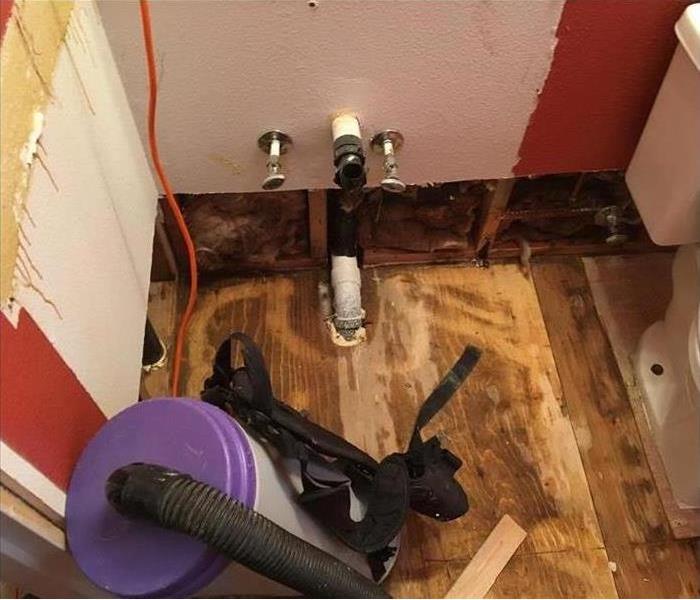How To Know If You Have Mold Coverage
9/12/2018 (Permalink)
How To Know If You Have Mold Coverage
If you rent your home in Vancouver, WA, sometimes the lines between the damages the property owner's insurance and the problems your own rental insurance covers get blurred. When it comes to mold damage, the responsibility for remediation services can be determined by answering a few key questions.
1. Did you know about it? Insurance companies expect their policyholders to be observant and responsible. If you know about a mold problem and you let it get out of hand, the insurance company is probably not going to cover the cost of mold removal. If, on the other hand, there is no way you could know that the damage exists, the expenses are likely to be covered by either the owner's property policy or your rental insurance.
2. Did you do something about it? The next step after knowledge is action. If you know there is a problem, and you do not report it or do nothing to fix it, you are going to have a hard time convincing your insurance company that you deserve compensation for the repairs. If, however, you reported the problem as soon as you discovered it, your agent is more likely to be willing to work with you to see if you can get money to pay for remediation.
3. Does your policy specifically mention mold? Most renters' insurance policies typically cover only the policyholder's belongings. The mold on the wall caused by high humidity, therefore, probably falls under your landlord's responsibility and thus his or her insurance. If the property owner doesn't fix the problem, however, you may be at a disadvantage. This is a time when it's good to have a specific mold clause in your policy to cover you in circumstances where the property owner refuses to do so.
In general, damage to your personal items is your responsibility, while damage to the building falls under the property owner's tasks. It's important to know what is and is not covered by your policy.






 24/7 Emergency Service
24/7 Emergency Service
